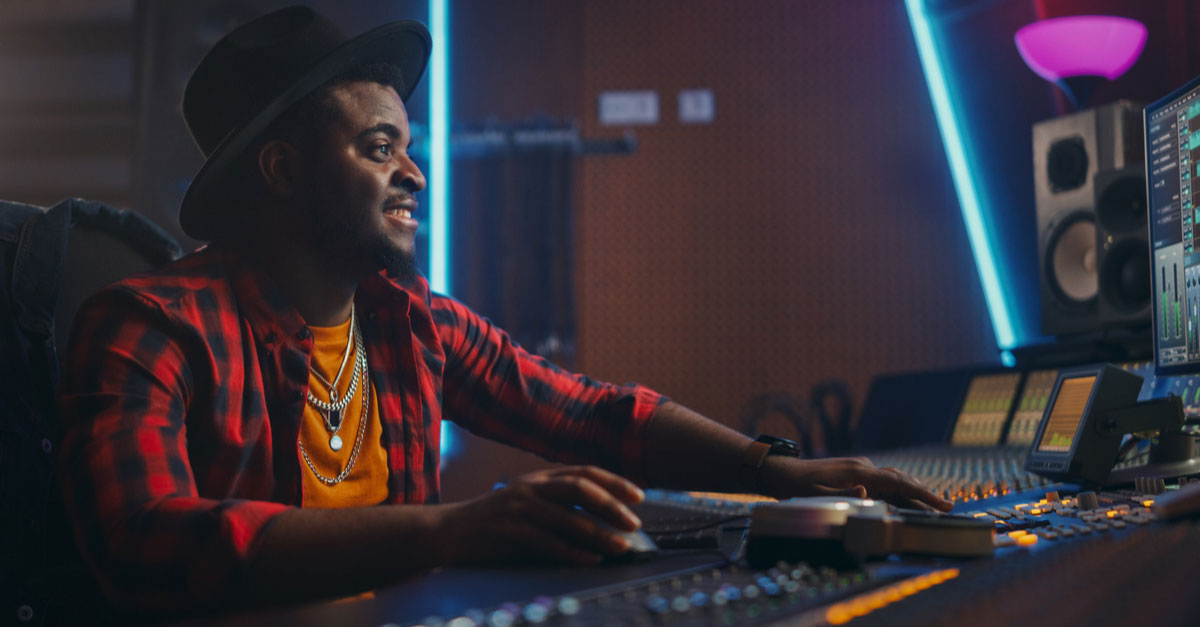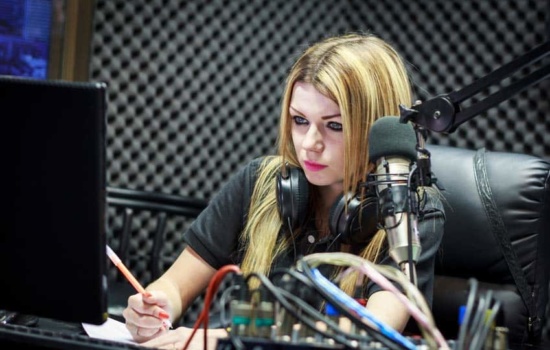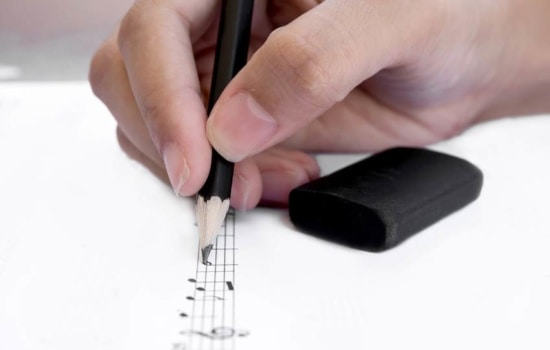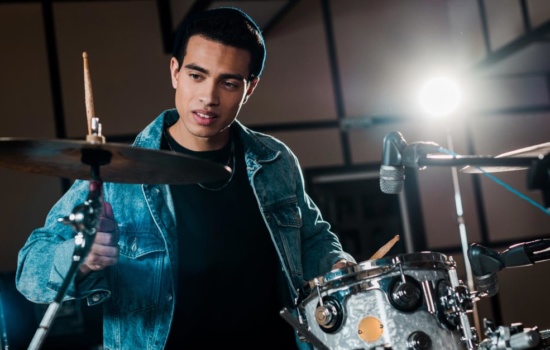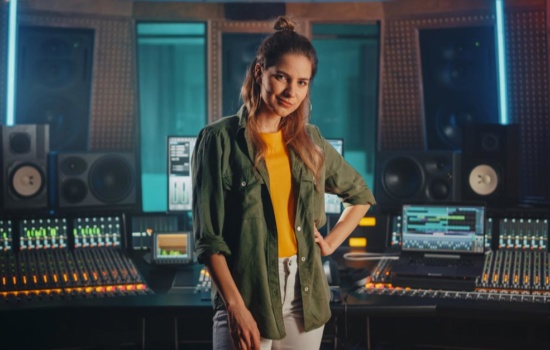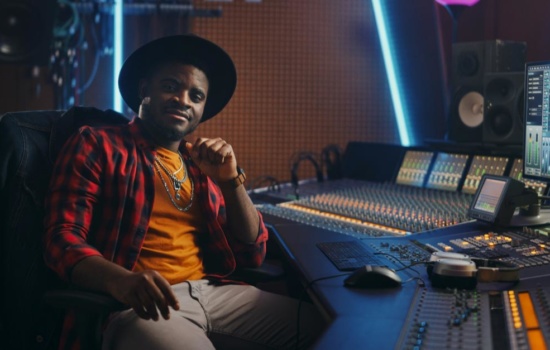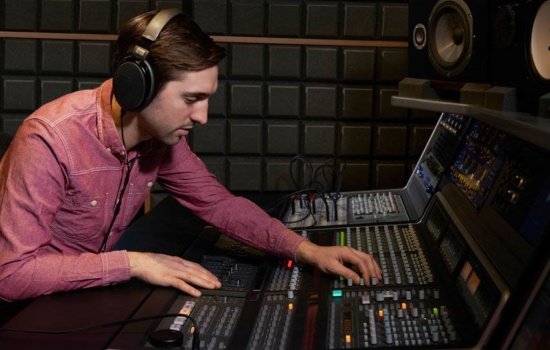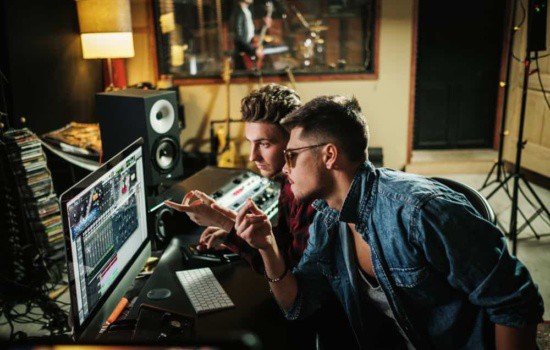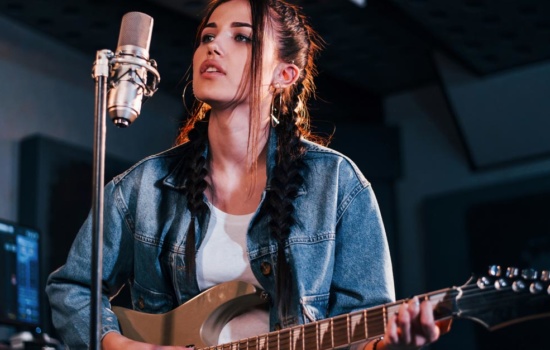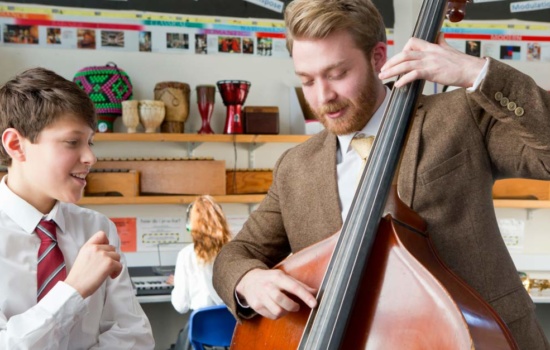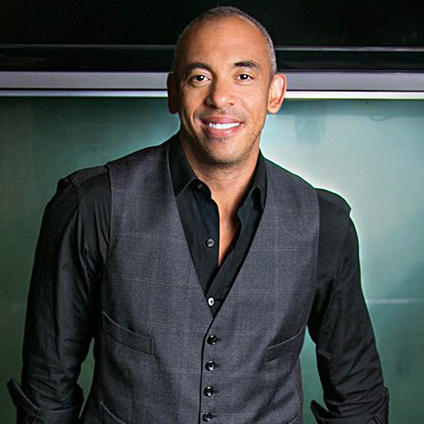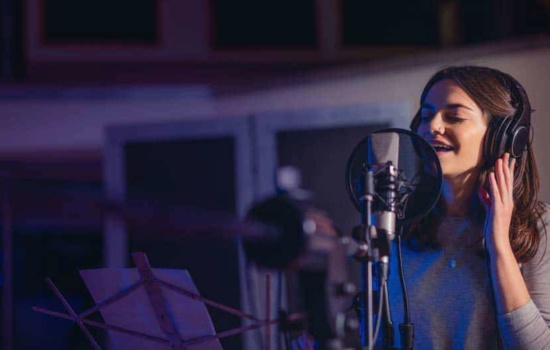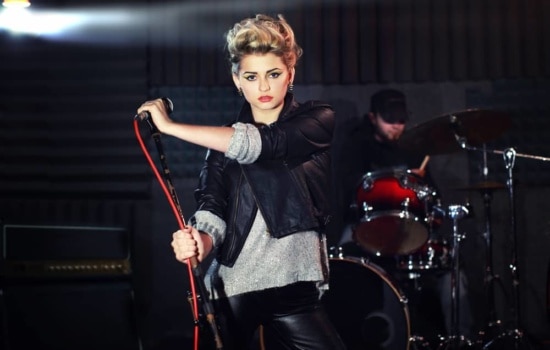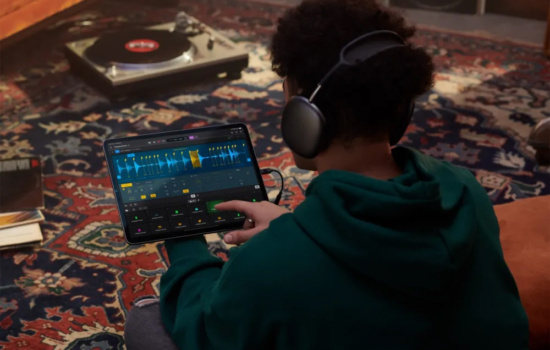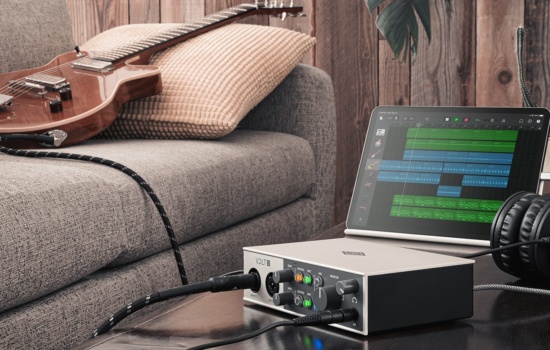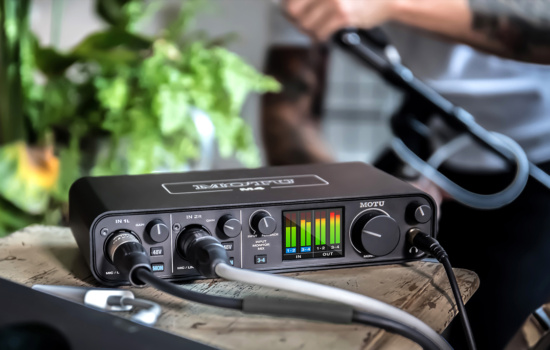A music producer is the artistic, creative, and technical leader of a recording project. (There are also live show and concert producers, but here we will focus mainly on creating recordings.) The producer is the project manager who oversees the entire process. They have a say in choosing or writing songs, determining arrangements and overall sound, and coaching the artists to deliver their best performances.
Producers may also take the role of recording engineer, and may also make decisions about budgets or promotional strategy.
What is music production?
Music production is the process of fixing music and sound in recordings, from start to finish. The producer starts by choosing material to record or writing songs and arrangements. Using a recording studio (or a computer in a bedroom), they create and capture the music, mix, and master the finished product, and typically oversee other aspects of the artistic and technical process, often including marketing and promotion.
Every track you hear has been created and shaped by a producer. Today’s music is produced using digital hardware and software – called a digital audio workstation or DAW. Assuming you know music well and have access to some recording gear, it’s relatively easy to get started producing your own music. And it isn’t as expensive as one might imagine.
Read the rest of this article and check the videos to find out more about how to get started and to learn to produce music.
Are music producers in demand?
As with any creative career, the top people are in high demand, while for those just starting out it’s crucial to develop the skills and connections to “make it” in the business. Music, like sports, is a winner-take-all business.
While few music producers become household names, the best ones are well-regarded and highly sought out by musicians and others in the industry. With the right mix of skills, and a little luck, it’s possible to have a busy and rewarding career as a music producer.
YouTube Channel “Produce Like A Pro” has useful tutorials on all aspects of music production. Here’s a short introductory video with links to other important topics in music production and engineering:
What are the 5 stages of music production?
Here are the five main stages of producing a song:
1. Composition: The writing of the song, including the melody, lyrics, and chord progression.
2. Arrangement: Setting the structure of the song (intro, verses, choruses, turns, instrumental breaks, etc.).
3. Sound design and production: Choosing what instruments go where in the song, finding the right plugin sounds, using effects like reverb and delay, editing and comping takes.
4. Mixing: Balancing gain levels, panning, highlighting/removing frequencies, using EQ, compression, reverb, and delay.
5. Mastering: Making the song distribution-ready by applying subtle processing adjustments like EQ, compression, saturation, and stereo widening/enhancement. Mastering makes the song louder and optimized for playback on any sound source.
